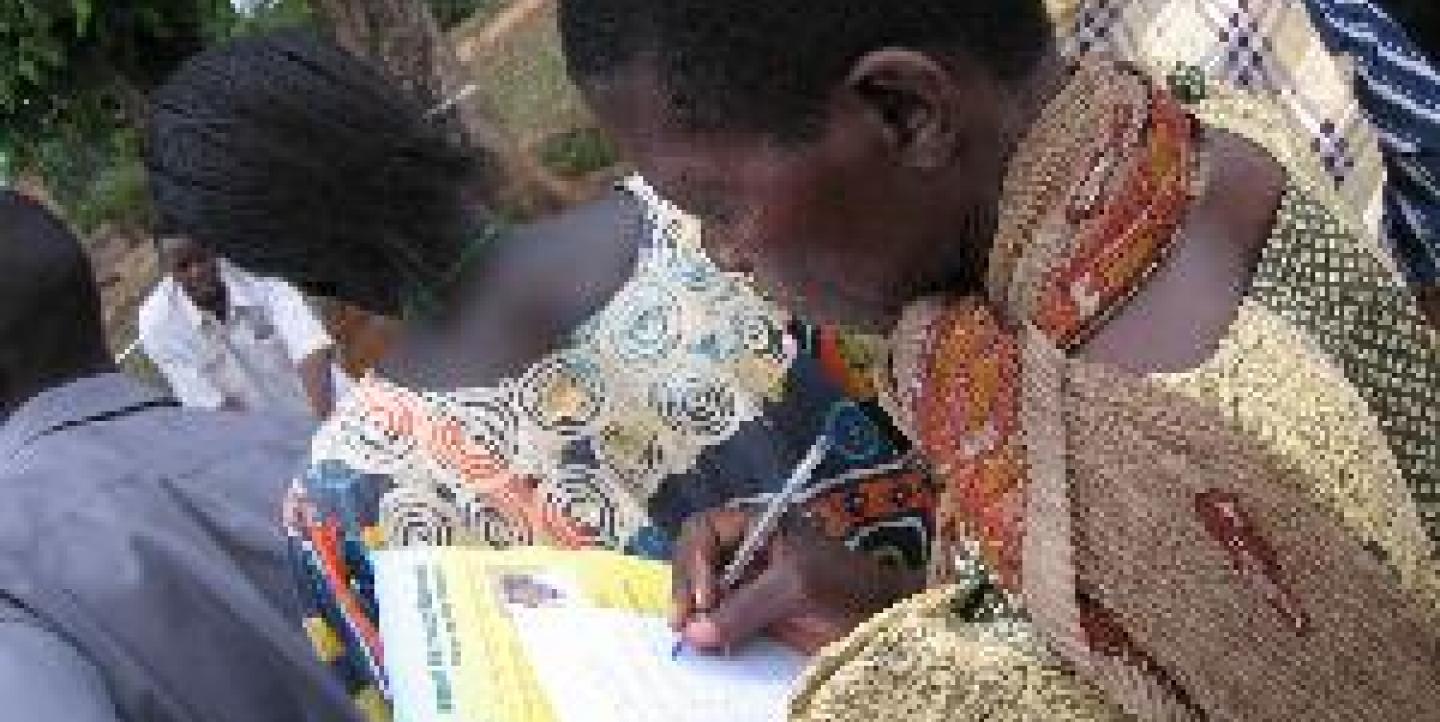An independent media council in Uganda is asking local journalists to help voters make informed choices in the upcoming election. The council says citizens have the right to know alternatives offered by each political party--including alternatives to President Yoweri Musevini, who has been in power since 1986.
Musevini's popularity has steadily dwindled in Uganda amid allegations of election-rigging, and he will have stiff opposition for 2011. There have already been concerns of corruption, and United States Secretary of State Hilary Clinton has been directed to closely monitor the elections, which will take place between February 12 and March 1.
Kintu Musoke, the chairman of the Independent Media Council of Uganda, has accused local media of focusing too heavily on descriptions of venues and candidates, rather than the candidates' stances on important development issues. He has urged reporters to abide by the principles of fairness and accuracy.
"Inaccurate reports, misrepresentation of facts and imbalanced stories will only confuse the voters and disrupt the electoral process instead of guiding it,” Musoke told The Daily Monitor.
According to the Uganda Health Reporter, the next presidential term is particularly crucial because it comes before Uganda's implementation of a National Health Plan. During this period, Uganda must meet its eight UN Millennium Development Goals, including reducing child mortality and combating HIV and Malaria.
In anticipation of elections, the Human Rights Network for Journalists is running a nationwide campaign to ensure journalists are not threatened or abused.

